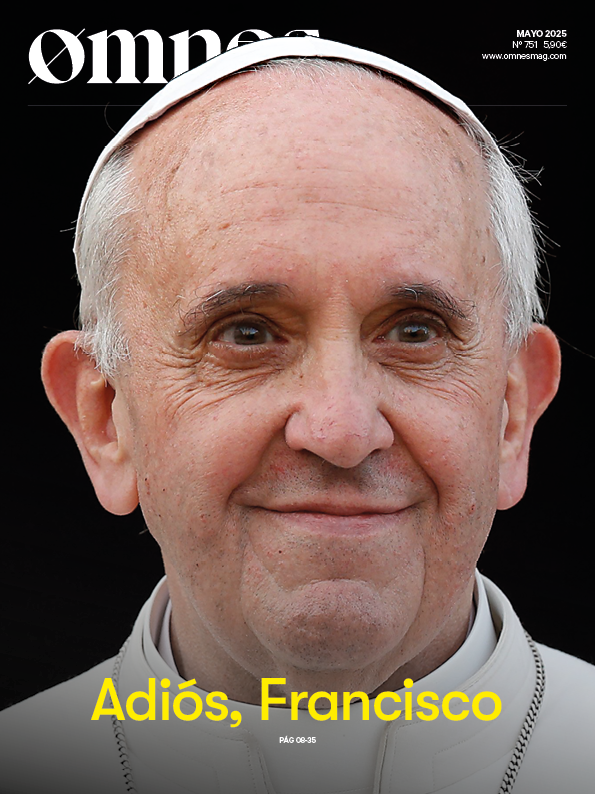An international symposium held this week in Vienna has re-evaluated the events of Constantinople in 1054, considered the date of the separation between the Eastern and Western churches. In any case, talk of the "schismThe "The "1054" of 1054 is either superseded or refuted, according to the tenor of the University of Vienna. Curia Cardinal Kurt Koch delivered the opening address. Ecumenical Patriarch Bartholomew sent greetings. Cardinal Koch and Graz Orthodox theologian Grigorios Larentzakis already expressed this opinion in two articles in the "Tagespost" in summer 2021.
In 1054, Cardinal Humbert of Silva Candida traveled to Constantinople on behalf of Pope Leo IX to conclude a military alliance against the Normans. The attempt failed. However, unfortunate circumstances led him to excommunicate Patriarch Michael Cerularius. A counter-excommunion followed shortly thereafter. In the history of the Church, this has often been considered the official date of the schism between the Catholic and Orthodox Churches. On December 7, 1965, one day before the final session of the Second Vatican Council, Pope Paul VI and Ecumenical Patriarch Athenagoras had a statement read at the same time in St. Peter's Basilica in Rome and in St. George's Cathedral in the Phanar of Constantinople, regretting the excommunications and "consigning them to oblivion."
The rift between the East and the West began long before
In his welcoming address to the Vienna symposium, Patriarch Bartholomew stressed the duty to "pursue with all our strength Christ-pleasing efforts to overcome division and achieve the longed-for unity." In his address, Cardinal Kurt Koch stressed that the "scandal of 1054" did not lead to a schism or to the mutual excommunication of the Latin and Greek Churches. Only much later did the date acquire great symbolic significance. The estrangement between East and West had begun, of course, long before 1054 and continued after that date.
To overcome the separation, the first step must be for the Catholic and Orthodox Churches to recognize each other as Churches. This must be followed by the second step, namely the resumption of communion, Koch said. In his welcoming address, Greek Orthodox Metropolitan Arsenios Kardamakis praised all efforts to promote the correct understanding and categorization of the events of 1054. This is an important service to and for the churches.
This is a translation of an article that first appeared on the website Die-Tagespost. For the original article in German, see here . Republished in Omnes with permission.








